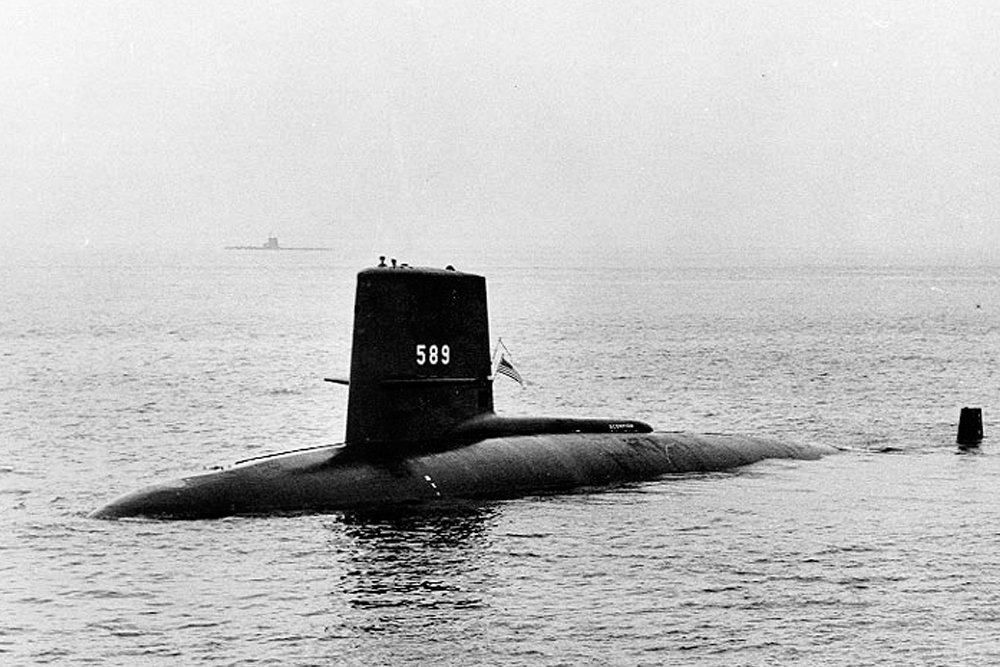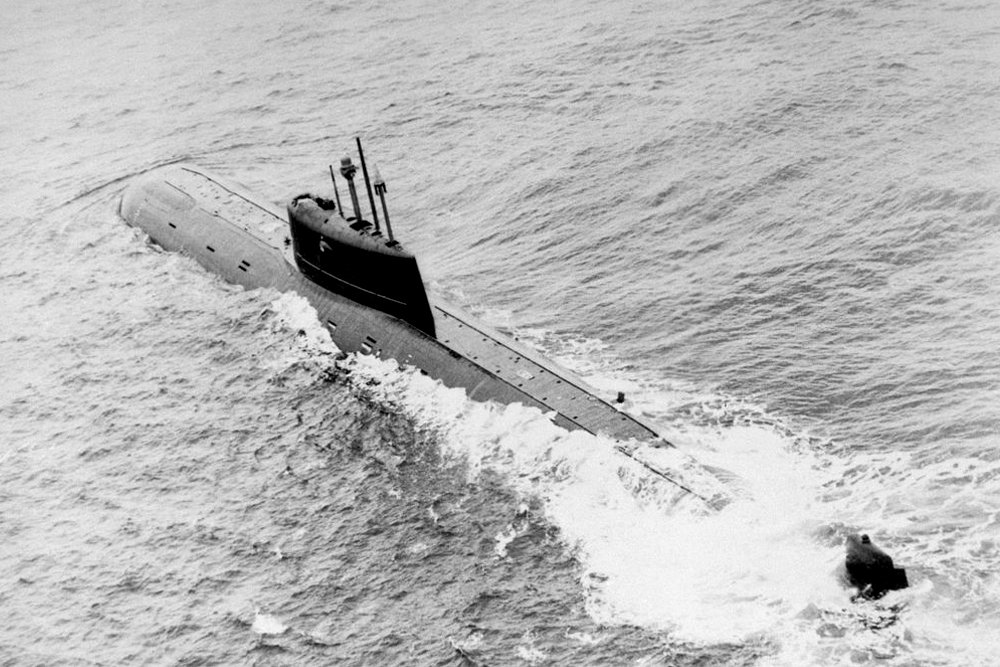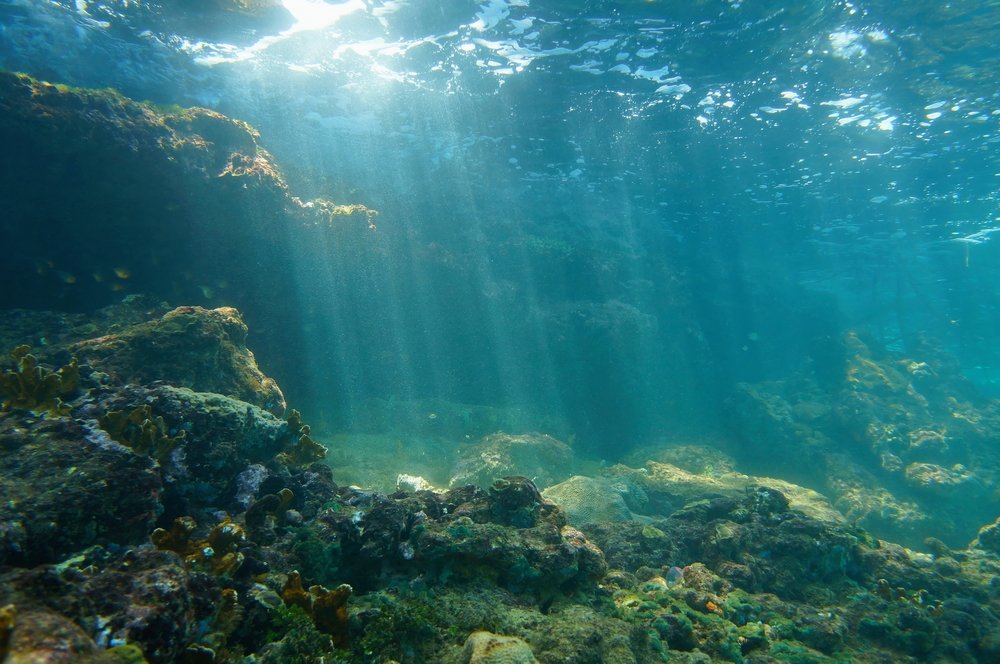Table of Contents (click to expand)
Losing a nuclear submarine at sea poses a danger to aquatic life and to humans who are in the vicinity of the fuel leak, but it is not as big a threat as one would expect it to be because the nuclear material onboard is well-secured and water is a good absorber of radiation.
The second USS Thresher, a nuclear-powered attack submarine of the US Navy, sank in 1963 during deep-diving tests about 220 miles east of Boston, leading to more than one hundred casualties. Another nuclear submarine – the USS Scorpion – was lost at sea in 1968, resulting in the death of 99 crewmen.

K-8, K-27, K-219, K-159, K-278 Komsomolets… these are the names of some of the Russian nuclear-powered submarines that were lost at sea in the past few decades. All in all, humans have lost a total of nine nuclear submarines at sea since the Second World War.
Those ships were never recovered; all of them foundered due to some freak accident onboard or extensive damage that ultimately led to their destruction. Those fallen vessels now rest on the ocean floor.
But, interestingly enough, the world doesn’t seem to go crazy over the fact that those submarines were nuclear-powered, i.e., they carried small nuclear reactors onboard (to power them). Do you know why?
Why isn’t a nuclear submarine lost at sea considered as big a threat as one would expect it to be? Does the nuclear material onboard those submarines not pose a radiation problem, or some other serious risks to humans?

Let me start by answering the main question: a nuclear submarine buried thousands of feet below the surface of a sea doesn’t pose a serious threat to humans. Losing a nuclear submarine is, needless to say, not a situation that any navy would want to be in, but if it happens, the nuclear material onboard isn’t as serious a risk to humans as it would have been were it lost somewhere on land (or even in the air).
Now, let’s dive into some details of the whole thing:
Nuclear Reactors Are Well-secured Onboard
This one goes without saying, right?
Any vessel that’s powered by a nuclear reaction takes all possible precautions and deploys the best security measures to ensure that the reactor is adequately ‘secured’. This is done to make sure that the vessel’s crew is in no danger of radiation poisoning from the nuclear reaction that constantly powers the vessel.
Hence, even if a submarine founders, the chances of a tremendous and instantaneous leak of its nuclear material are very slim. However, the fuel would leak… eventually.
Also Read: How Long Can Nuclear Reactors Run Without Human Interference?
Water Is A Very Good Absorber Of Radiation
Remember the climax of Spider-Man 2, the superhero movie released in 2004? Doctor Octopus (the antagonist of the movie, who also happens to be a nuclear scientist) pulls a nuclear fusion reaction underwater to keep it from swelling more. He does this because he realizes that water will keep the reaction from spreading further.

I would not comment on other fictional aspects of the movie that aren’t so scientifically accurate, but this one was spot on! Water is indeed a good absorber of nuclear radiation.
Water acts a fantastic insulator against radiation, as it absorbs the neutrons released in a fission reaction. It acts sort of like a blanket that covers the nuclear reactor and prevents it from hurting anything/anyone in the vicinity. So, if you were to lose a nuclear submarine, seawater is your best and safest bet.
Even so, the fuel (which is rich in uranium) would eventually leak out in the seawater. How bad can that be?
Also Read: Can Microbes Eat Radiation?
Seawater Is Filled With Uranium… Naturally
Most people think of saltwater as just ‘water that tastes salty’. While that’s not incorrect, technically, what most people fail to realize is that seawater is loaded with a number of elements and salts.

For instance, you might not know that seawater has a natural concentration of uranium (one of the primary elements required to make a nuclear weapon).
To be more specific, get this: the world’s oceans have no less than 4.5 billion tons of uranium dissolved in them already. 4.5 billion tons! That’s such a huge amount of dissolved uranium that if we could recover just half of that volume, it would support 6,500 years of our nuclear capacity.

Despite all this, losing a nuclear reactor underwater is not entirely harmless; it does harm aquatic life, especially in the immediate region where the fuel leaks. It could also harm humans if they are in the vicinity of the fuel leak.
All in all, losing a nuclear reactor at sea is obviously an extremely unfortunate event, but if we are strictly talking about the dangers it could pose to human life, the threat is reasonably contained at the bottom of the sea.
Also Read: What If Our Oceans Became Freshwater?
How well do you understand the article above!

